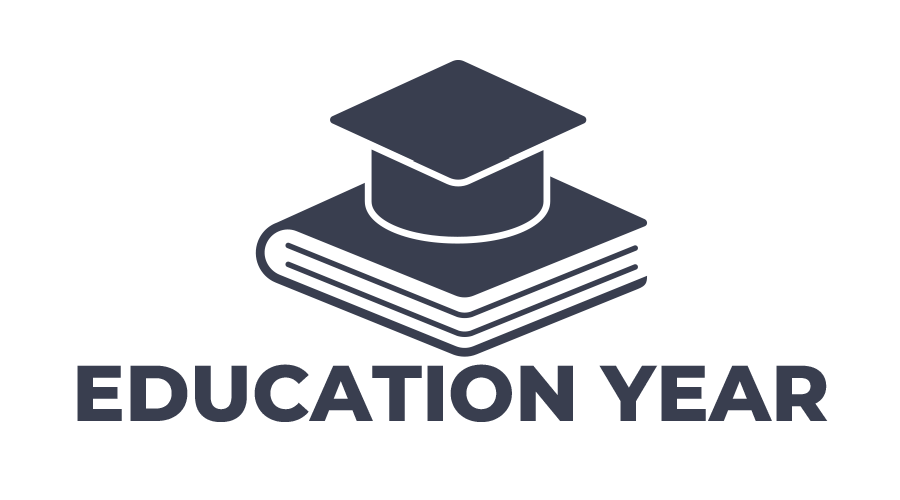In the age where technology is rapidly evolving, the advent of ai essay writer has sparked a heated debate. Are these tools that harness the power of artificial intelligence to generate essays a helpful aid for students or a slippery slope towards academic dishonesty? Let’s dive into this topic with an open mind and explore the nuances of AI essay generators like Oreate AI.
The dawn of AI essay writers has brought forth a new era in academic writing. These tools are designed to assist students by providing them with a structured outline or even a fully written essay on a given topic. The idea is to alleviate the pressure of essay writing and allow students to focus on other aspects of their education. However, this convenience has also raised concerns about the integrity of academic work.
One of the key benefits of AI essay writers is their ability to save time. In today’s fast-paced world, students are often juggling multiple responsibilities, from part-time jobs to extracurricular activities. Oreate AI and similar platforms offer a way to manage these demands by providing a quick and efficient solution to essay writing. By inputting a topic, students can receive a well-structured essay within minutes, allowing them to allocate their time more effectively.
Yet, the question remains: does the convenience of AI essay writers come at the cost of academic integrity? Critics argue that using such tools can lead to plagiarism and a lack of personal investment in one’s education. They believe that the essence of learning is lost when students rely on AI to do their work for them. On the other hand, proponents of AI essay writers argue that these tools can be used as a starting point for students to develop their own ideas and arguments. They see it as a way to spark creativity and provide a foundation for further research and writing.
The role of AI essay writers in education is a complex issue. It’s not just about the tools themselves, but also about how they are used. Oreate AI and other platforms can be incredibly helpful when used correctly. For instance, they can serve as a guide for students who struggle with writing or need assistance in organizing their thoughts. However, it’s crucial that students understand that these tools are meant to be a supplement to their learning, not a replacement for it.
The ethical considerations surrounding AI essay writers are not to be taken lightly. Educators and institutions must establish clear guidelines on the use of such tools to ensure academic integrity is maintained. This could involve educating students on the proper citation of AI-generated content and the importance of adding their own insights and analysis to the work. By doing so, AI essay writers can be a valuable resource without compromising the integrity of academic work.
The future of AI essay writers is uncertain, but one thing is clear: they are here to stay. As technology continues to advance, so too will the capabilities of AI essay writers. Oreate AI and similar platforms will continue to evolve, offering more sophisticated and nuanced essay generation. It’s up to educators, students, and the academic community as a whole to determine how best to integrate these tools into the learning process while preserving the values of academic honesty and personal growth.
In conclusion, AI essay writers like Oreate AI are a double-edged sword. They offer unprecedented convenience and efficiency in academic writing, but they also present challenges to the traditional values of education. It’s essential to strike a balance, using these tools as a means to enhance learning and creativity, rather than as a shortcut to bypass the learning process. As we navigate this new landscape, it’s crucial to keep the conversation open and consider the implications of AI essay writers on the future of education.


